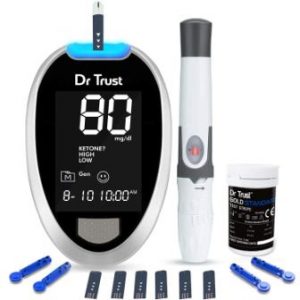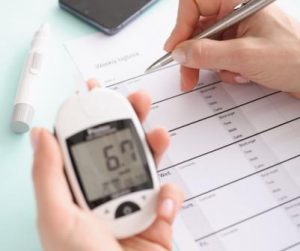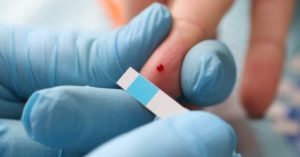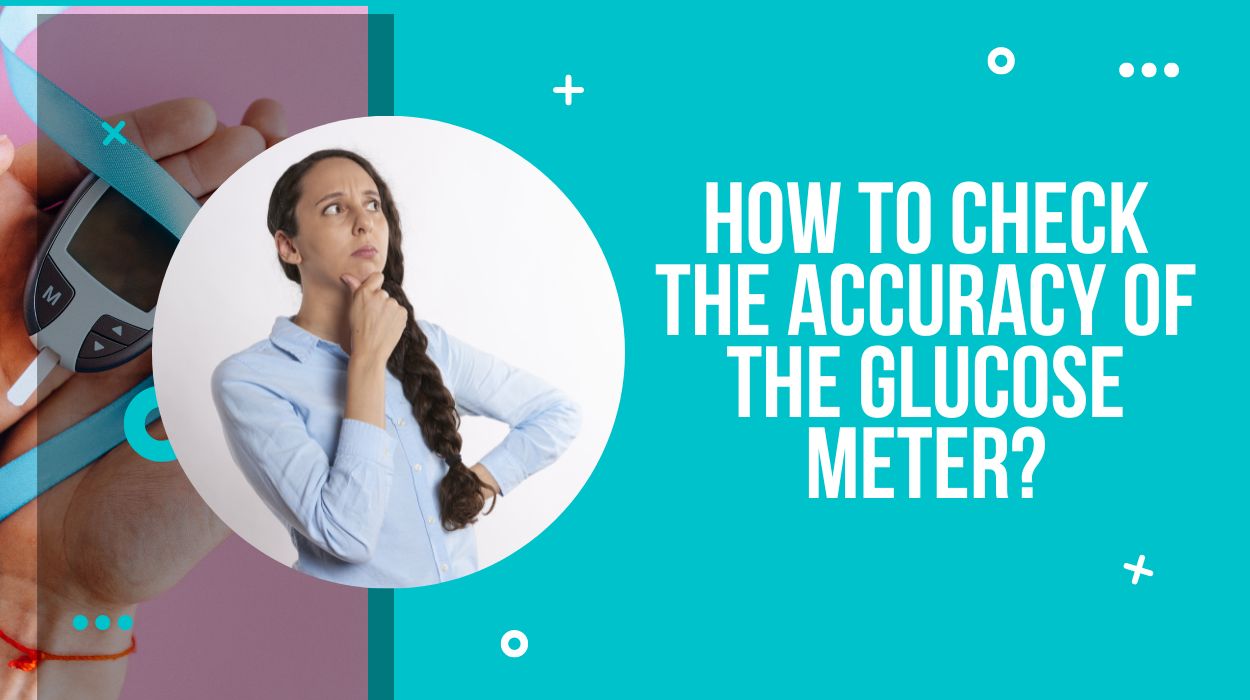There are specific measures according to which you will receive accurate readings, and if your Glucometer gives you inaccurate reading, you have come to the right place. Here, through this article, we’ll be discussing how or what factors you might be able to overcome the issues to get accurate results from your Glucometer.
While you use these small devices, there is a possibility that you may handle them not so very well, causing inaccurate measurements. In this article, we will discuss the core factors that can affect the correct sizes, and we’ll see further how they can be fixed. Let’s take a look.
Glucometer: An Overview

To control diabetes, a disease that could be a life-threatening one for anyone who’s been not containing his blood sugar very well, it can be neutralized by Glucometer. This device is beneficial when it comes to guiding you on your food choices, the timing of your meals, along with the activities that can be essential tasks to control blood glucose.
It could be very alarming if the glucose in your bloodstream isn’t accurate as it should be in actual readings. To control this false information or check the precise glucose meter accuracy, we’ll mention specific measures along with the factors affecting it.
As we all know, there are two basic ways to which we can measure the Accuracy of the Glucometer, & they are:
- Personal Glucose Meter at Home
- Lab-based Glucometer
There is no specific way to check the Accuracy of a Glucometer; it’s more of a correction which you need to resolve by excluding all those factors which can affect the Accuracy of a Glucometer. But, there are some ways to check accuracy; let’s jump into it.
2 Ways To Check Accuracy of The Glucose Meter
As we discussed earlier, to check your blood sugar, there are two ways, either a personal glucometer or a lab-based glucometer. Without a doubt, the Lab-based Glucometer leads with a high probability of accurate measurement.
Some actual quality control tests can check the accuracy, which could result in analyzing the quality of a Glucometer.
Comparison of your readings with Lab results

While you have an appointment with your doctor, you could take your Glucose meter along with you.
You need to measure it with your Glucometer before you have a check-up with your doctor. So, that you can compare it with the lab results. If you find the readings within 18 percent of the lab readings, then it is considered to be accurate.
Control Solution can be Handy.

This is considered to be the best method to check the accuracy of your Glucometer’s reading. Every time you test your blood sugar by taking out the test strip, you need to follow a standard procedure to try, but instead of your blood, you need to test it with the liquid control solution.
This will allow the solution to check the accurate measurement of your Glucometer. If you find out there is a marginal drop of the readings, you need to change & if comparing the readings with the solution bottle doesn’t match, then it’s not showing the exact readings as expected.
These are the two primary ways by which you could check the accuracy of a Glucose meter. Thus, other than these solutions, we should also make sure if there is no mistake from our side This will assure your blood glucose readings firmly.
Factors & Solutions for better accuracy
When your Glucometer gives its best to determine the accuracy to test your blood glucose, but there are a few factors that can make your readings inaccurate. Then these are the solutions to these factors which can affect your accurate readings.
Let’s compare and guide you through how you can resolve these minor issues which can endanger your readings.
| Factors which Affect your Readings | Solutions for Better Accuracy |
| Improper Coding of Strips | This needs to be rechecked, whether the test strip number is matching to that of your device. |
| High Temperatures | It is recommended to keep your Glucometer and strips at the desired room temperature to eliminate inaccuracy. |
| Test Strip Issues | The damaged or used test strips should be terminated & these test strips need to be kept under a sealed container. This can avoid your test strips from moisture and humid conditions. |
| Dehydration Issue | You should be aware and never dehydrate yourself; this could keep your blood count low (primarily red blood cells) & can result in inaccurate readings. |
| Blood Quantity | The blood amount on your test strip should be dropped in a controlled manner. Please avoid extra blood drops on the test strip. |
| Proper Hygiene | This could be the most crucial factor, which is common to be seen among many others. You have to wash your hands, which could erase all the dust particles & give you accurate measures. |
If you properly analyze and optimize these factors with the provided solutions, you might be getting the perfect accuracy of your Glucometer.
Conclusion
The Bottom line is clear, and if you ever need to eliminate all the threats of getting inaccurate measurements from your Glucometer, then these key points can guide you to your accurate readings for your daily usage. Remember never to compromise any of the factors, because it’s the question of your better health & you need to be very careful when dealing with it.


